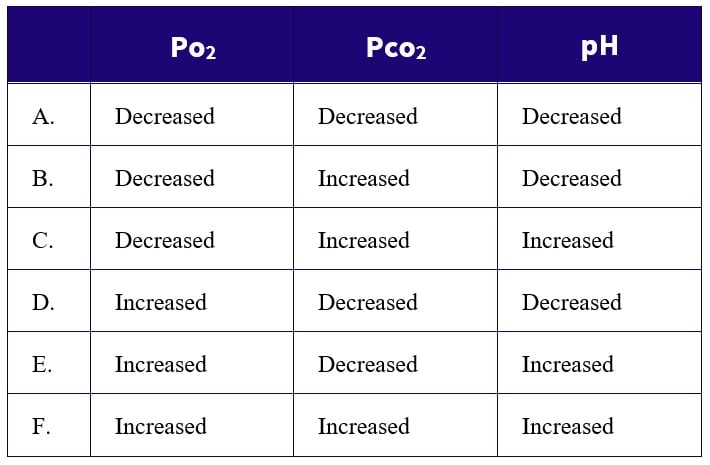Did you answer the question correctly?
Sign in to get tips to remember and learn more from Kaplan Medical about why the other answer choices can be eliminated.
AMA membership has its advantages
- Access education programs and study guides to help you thrive.
- Distinguish yourself with AMA leadership opportunities.
- Enjoy exclusive perks and savings.
Not a member? Become a member now.




